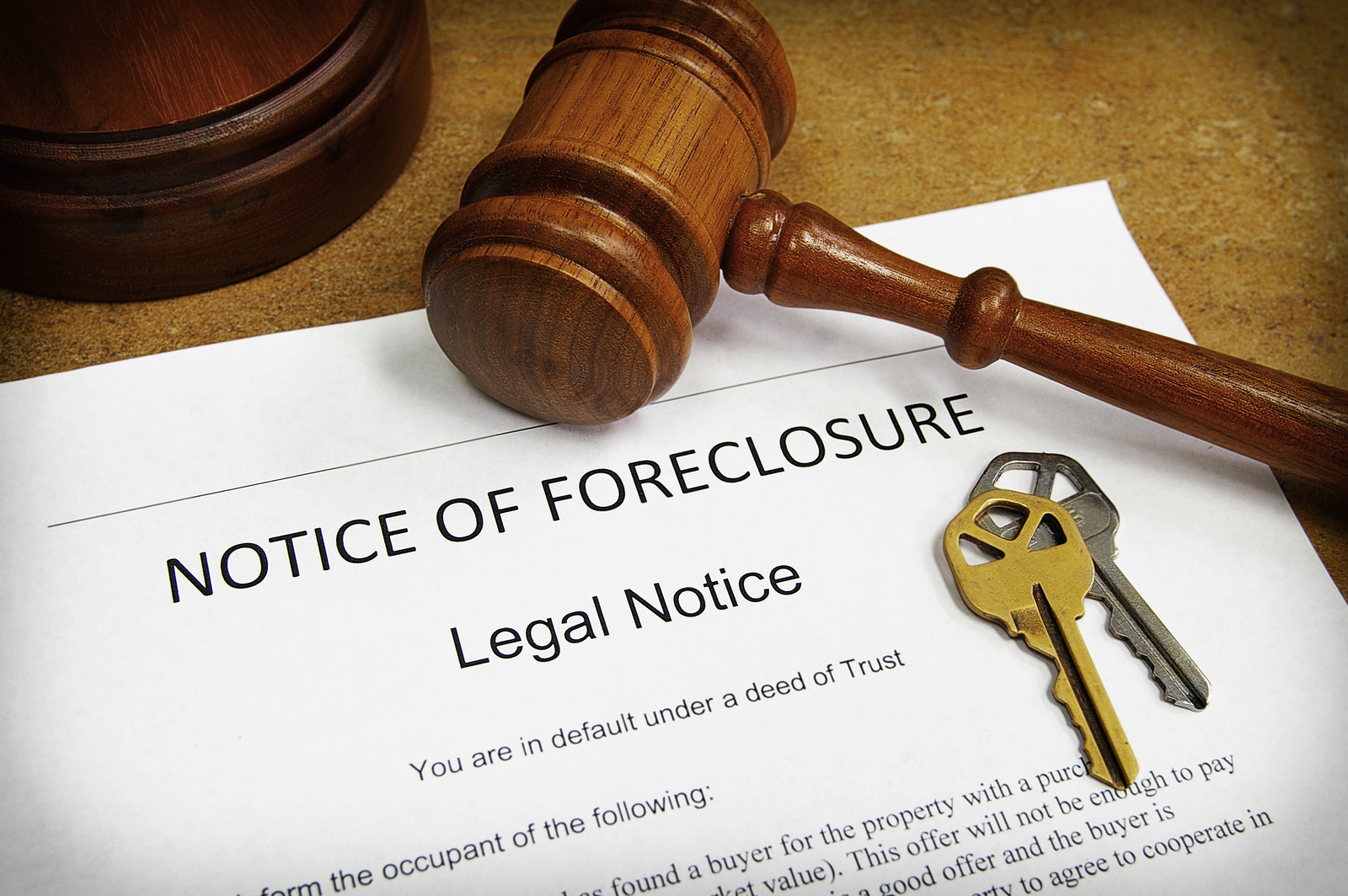Introduction:
Facing the possibility of foreclosure can be one of the most challenging and distressing experiences a homeowner can go through. However, it’s important to remember that you have legal rights and options to defend your home. In this legal blog article, we will explore the key elements of foreclosure defense, empowering you to take action and protect your home.
1. Understanding the Foreclosure Process:
Foreclosure is the legal process through which a lender repossesses a property due to the homeowner’s failure to make mortgage payments. Understanding the steps involved in the foreclosure process is essential for effective defense:
- Missed Payments: Foreclosure typically begins when a homeowner falls behind on mortgage payments.
- Notice of Default: The lender sends a Notice of Default (NOD) to the homeowner, initiating the formal foreclosure process.
- Notice of Sale: After the NOD, the lender issues a Notice of Sale (NOS), scheduling an auction to sell the property.
- Auction: The property is sold at a public auction, and if there are no bidders, it may revert to the lender as a Real Estate Owned (REO) property.
2. Common Foreclosure Defense Strategies:
Foreclosure defense strategies aim to delay or prevent foreclosure and provide homeowners with options to resolve their mortgage issues. Some common defense strategies include:
- Loan Modification: Negotiating with the lender to modify the terms of the mortgage, such as lower interest rates or extended loan terms, to make payments more manageable.
- Forbearance: Temporary suspension or reduction of mortgage payments to allow homeowners time to recover financially.
- Short Sale: Selling the property for less than the outstanding mortgage balance with the lender’s approval.
- Bankruptcy: Filing for bankruptcy can trigger an automatic stay, temporarily halting foreclosure proceedings while you work on a repayment plan.
- Procedural Errors: Identifying and challenging any errors or irregularities in the foreclosure process, which can sometimes lead to dismissal of the case.
- Mortgage Fraud: : If you suspect fraudulent activity or predatory lending practices, consult an attorney to investigate potential legal recourse.
3. Legal Representation in Foreclosure Defense:
Engaging a knowledgeable foreclosure defense attorney is critical to a successful defense. An attorney can:
- Review your case to identify any legal violations or irregularities in the foreclosure process.
- Negotiate with the lender on your behalf to explore alternatives to foreclosure.
- Represent you in court and ensure that your rights are protected during the legal proceedings.
4. Protecting Your Rights:
When facing foreclosure, it’s essential to know your rights as a homeowner. These rights may vary by state, but generally include:
- The right to receive notices and ample time to respond to foreclosure actions.
- The right to challenge the foreclosure in court and present a defense.
- The right to explore alternatives to foreclosure with the lender.
Conclusion:
Facing foreclosure is a stressful and challenging experience, but it’s important to remember that you have options and legal rights. Foreclosure defense strategies can help you protect your home, delay or prevent foreclosure, and explore alternative solutions to your mortgage difficulties. Consulting with a foreclosure defense attorney is a crucial step in ensuring that you have the guidance and representation needed to navigate this complex legal process effectively. Don’t hesitate to seek legal help if you’re facing foreclosure; it could make all the difference in preserving your home and financial stability.


